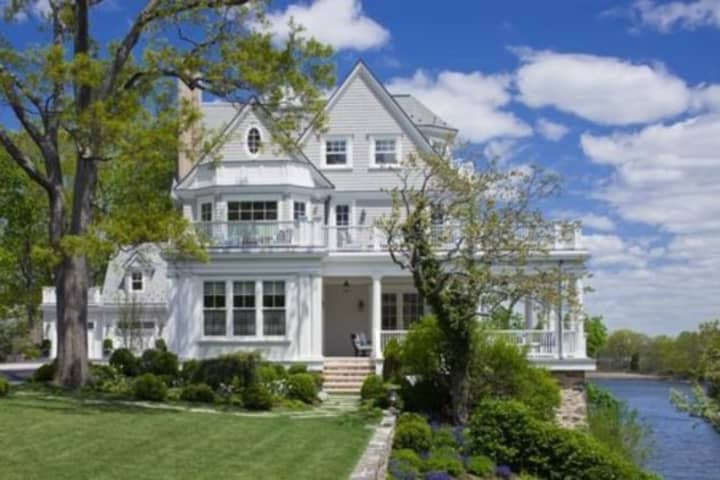The law was proposed by the Landmarks Advisory Committee as an incentive for owners of historic properties to renovate or restore their buildings, rather than tear them down and build new ones.
For the first five years after the renovation, owners will not have to pay any additional taxes as a result of increased assessed value of the property.
After five years, the exemption will decrease 20 percent each year for an additional five years, at which time the owners will be required to pay taxes for the full assessed value of the property.
"I think this is quite timely right now, as we're analyzing the sense that we are maybe building houses that are bigger and more intrusive on neighborhoods," said City Council member Laura Brett.
The issue of increasing house sizes and "McMansions" was brought up several times during Rye's most recent elections, with many residents wondering what could be done to retain some of the historic character of Rye. There are currently 288 homes in Rye that were built in 1904 or earlier.
Instead of allowing the exemption to homes of a certain age, the cut-off date of 1904 was chosen to avoid more homes becoming eligible for the exemption each year, according to Kristen Wilson, the city's interim corporate counsel. The year 1904 was selected for its significance as the year when the Village of Rye was first established.
The tax exemption will only apply to city taxes, not school district or county taxes, Wilson said.
In order to be eligible for exemption, properties have been built in or before 1904, or be designated as a landmark. Renovations and restorations must be approved by the city's Landmarks Advisory Committee and Board of Architectural Review and must be consistent with the character of the historic building. If a historic building is destroyed by fire or another accident, a reconstruction that is consistent with its historic character would be eligible for a partial tax exemption.
The city council will hold a public hearing on the proposed law at its next meeting on Nov. 20 at 8 p.m. in City Hall.
Click here to follow Daily Voice Rye and receive free news updates.


